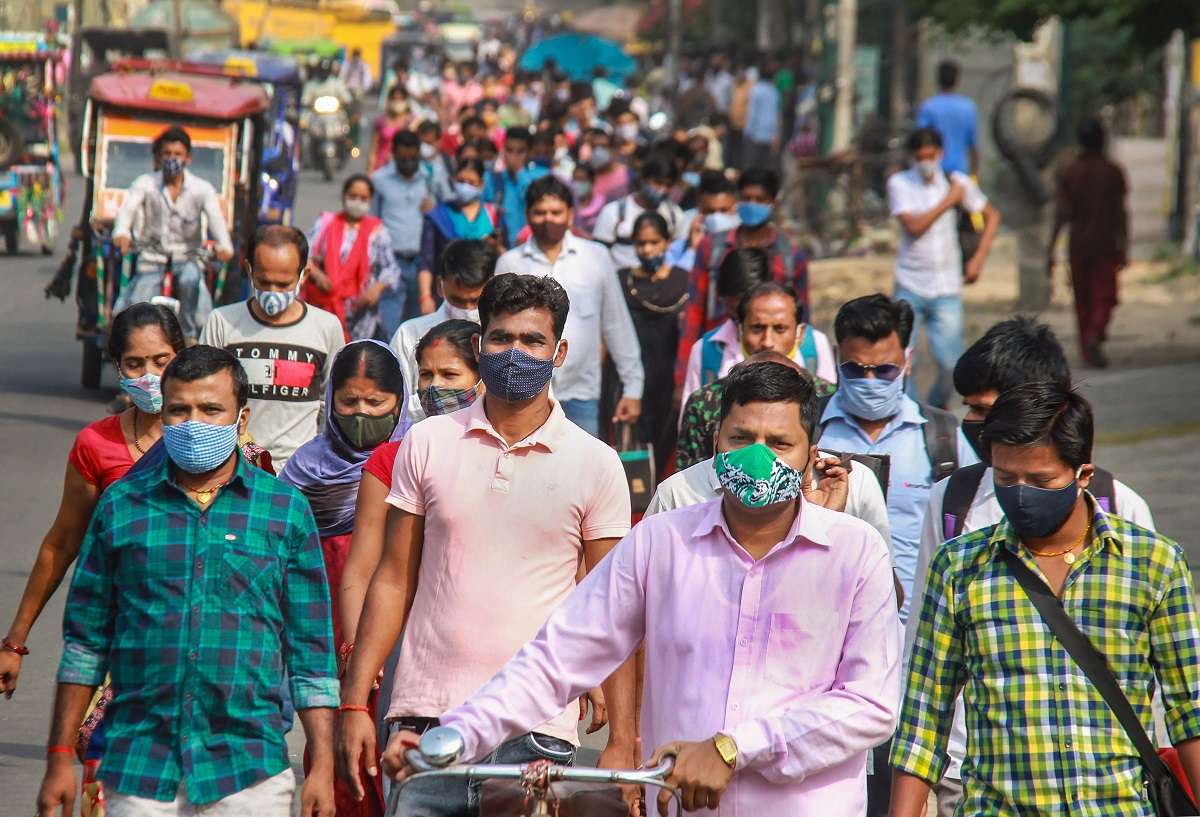The South Asian Journalists Association (SAJA) is advising news organisations against using the term 'India variant' or 'Indian variant', while describing the new strain of COVID-19 that reportedly originated out of India. In a statement, the association said that its guidance is in keeping with best practices issued in 2015 by the World Health Organisation (WHO), which warns that the naming of diseases, viruses or variants after the countries from which they originate could stigmatise the people living there.
"Over the years, certain disease names have provoked verbal, physical or social backlash against members of specific religious or ethnic groups. The most recent example is COVID-19, which was first detected in Wuhan, China. Health experts and advocates have directly connected terms like the "China virus" or "Wuhan virus" to the recent increase in hate crimes against Asian Americans," the SAJA said.
The association encouraged journalists to exercise care in their ongoing coverage of the coronavirus surge in India and said it was available to foster fair and accurate coverage of the South Asian community.
"SAJA recommends applying the same guidance to any current or future variants of the coronavirus," it said.
B.1.617, known as the 'double mutant' -- this name comes from two notable mutations found in other variants that appeared together for the first time in this new strain and first detected in western parts of India, the letter stated.
At present, B.1.617 and B.1 are the major strains identified from the samples of south India from the positives of the April month data, which is very infectious and is also spreading in the younger age groups apart from the adults.
This comes as India is witnessing a devastating second wave of the COVID-19 pandemic.
With a total of 4,14,188 new COVID-19 cases being recorded in the last 24 hours, India again reported its highest single-day spike on the second consecutive day. With this, the cumulative count of cases in the country reached 2,14,91,598, informed the Union Health Ministry.
The country registered 3,915 new COVID-related deaths which took the total death toll in the country further up to 2,34,083.
(With ANI inputs)

